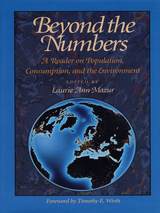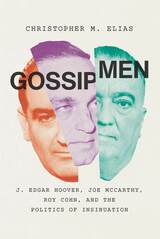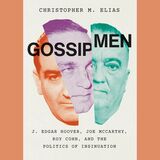
Beyond the Numbers presents a thought-provoking series of essays by leading authorities on issues of population and consumption. The essays both define the poles of debate and explore common ground beyond the polarized rhetoric.
Specific chapters consider each of the broad topics addressed at the International Conference on Population and Development held in September 1994 in Cairo, Egypt. The essays are supplemented by sidebars and short articles featuring more-impassioned voices that highlight issues of interest not fully explored in the overviews.
As well as providing a sense of the difficulties involved in dealing with these issues, the essays make clear that constructive action is possible.
Topics covered include:
- the interrelationships between population, economic growth, consumption, and development
- the history of population and family planning efforts
- gender equality and the empowerment of women
- reproductive rights, reproductive health, family planning, health and mortality

By using gossip as a lens to examine profound issues of state security and institutional power, Elias thoroughly transforms our understanding of the development of modern American political culture.

This is an auto-narrated audiobook edition of this book.
J. Edgar Hoover, Joseph McCarthy, and Roy Cohn were titanic figures in midcentury America, wielding national power in government and the legal system through intimidation and insinuation. Hoover’s FBI thrived on secrecy, threats, and illegal surveillance, while McCarthy and Cohn will forever be associated with the infamous anticommunist smear campaign of the early 1950s, which culminated in McCarthy’s public disgrace during televised Senate hearings. In Gossip Men, Christopher M. Elias takes a probing look at these tarnished figures to reveal a host of startling new connections among gender, sexuality, and national security in twentieth-century American politics. Elias illustrates how these three men solidified their power through the skillful use of deliberately misleading techniques like implication, hyperbole, and photographic manipulation. Just as provocatively, he shows that the American people of the 1950s were particularly primed to accept these coded threats because they were already familiar with such tactics from widely popular gossip magazines.
By using gossip as a lens to examine profound issues of state security and institutional power, Elias thoroughly transforms our understanding of the development of modern American political culture.
READERS
Browse our collection.
PUBLISHERS
See BiblioVault's publisher services.
STUDENT SERVICES
Files for college accessibility offices.
UChicago Accessibility Resources
home | accessibility | search | about | contact us
BiblioVault ® 2001 - 2024
The University of Chicago Press









